Rajshahi, Aug 1 (V7N) - Since the civil uprising in August 2024, municipal operations in Rajshahi City Corporation have come to a virtual standstill. Basic civic services such as waste management and street lighting have collapsed across the city’s neighborhoods, causing widespread public health and safety concerns.
In residential areas, drains have become clogged with decaying, foul-smelling garbage. Overgrown bushes and unmaintained vegetation have led to an alarming increase in mosquito populations. Residents report being swarmed by mosquitoes throughout the day and night, with many neighborhoods becoming virtually uninhabitable due to the infestation.
As a direct consequence, Rajshahi Medical College Hospital (RMCH) has reported a significant rise in dengue cases. Hospital wards are witnessing increased pressure as patients arrive with dengue symptoms linked to the deteriorating environmental conditions in the city.
Adding to the crisis, once dubbed the "City of Lights," Rajshahi now suffers from widespread streetlight failure. While major highways may still be illuminated in the evenings, inner-city neighborhoods remain engulfed in darkness. For the past six to seven months, most streetlight poles either lack bulbs entirely or contain non-functioning fixtures. This prolonged blackout has triggered a surge in petty crimes including theft, mugging, and even sexual harassment, with local residents voicing growing concerns over their safety.
Residents from several neighborhoods, including Dharampur under Motihar Police Station, have blamed the dysfunction on administrative vacuum. Mohd. Ansar Ali, a local BNP leader, expressed frustration over the inoperable streetlights and accumulation of garbage in drains. He described the mosquito problem as being at “an unbearable level,” posing a severe threat to public health.
Former Ward 28 councillor, Md. Ashraful Hasan Bacchu, highlighted the systemic issue caused by the absence of elected representatives. With every ward currently functioning without a councillor, day-to-day municipal responsibilities have been handed over to government officials. However, he emphasized that officials lack the on-the-ground familiarity and responsiveness that elected councillors typically provide. Problems that were once resolved through direct local engagement now go unaddressed for weeks, if not months.
Compounding civic distress is the disruption of essential administrative services. Applicants for jobs at Rajshahi University of Engineering and Technology (RUET) are unable to obtain mandatory residential certification due to the unavailability of signing authorities. Md. Abir Sheikh, a resident of Ward 18, reported visiting the ward office for 10 consecutive days without receiving the required documentation. He eventually missed the August 3rd job application deadline due to the absence of authorized personnel.
Officials cited staffing constraints, with one engineer from the Rajshahi Development Authority (RDA) confirming he was in Dhaka on official duty and could not assist. The ward secretary stated that without the official’s signature, they were unable to issue certificates.
Criminal activity has escalated across neighborhoods. In Kazla, Octroymore, Bajekazla, Dharampur, Mridha Para, and Jahatghat, streets remain deserted after dark. Witnesses report visible drug use and open narcotics trading. Residents such as Vishal from Ward 24 confirmed that criminal elements are exploiting the darkness to expand their activities. Drug users openly consume substances, and women face increasing threats of harassment. Theft is also becoming more frequent—on a recent Saturday, a submersible water pump was stolen from a construction site in the area.
Arifuzzaman from Tikapara noted that the unlit streets have created a “tense and dangerous” atmosphere. Just last Sunday, an air conditioning condenser unit was stolen from a nearby building. Residents claim that police patrols have become rare and ineffective.
Rubel, a resident of Panchanimath under Boalia Police Station, recounted how electrical wires were stolen in the middle of the night just days ago. Despite multiple complaints to the ward office requesting lighting repairs, no action has been taken.
Responding to the crisis, ABM Asaduzzaman Sweet, Head of the Electrical Department at Rajshahi City Corporation, admitted the city has run out of lighting stock. A tender for 7,500 bulbs had been floated in January 2025 and was fully utilized. The next tender is expected to open on August 4, with stock replenishment expected by August 10. He assured that the city corporation would work promptly to resolve the lighting issue once new supplies are secured.
As Rajshahi’s civic system continues to falter, residents remain caught in a loop of darkness, disease, and insecurity, desperately awaiting administrative revival and basic municipal service delivery.
END/MRA/SMA/



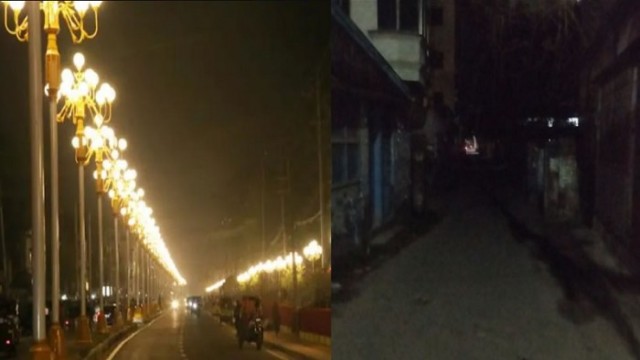
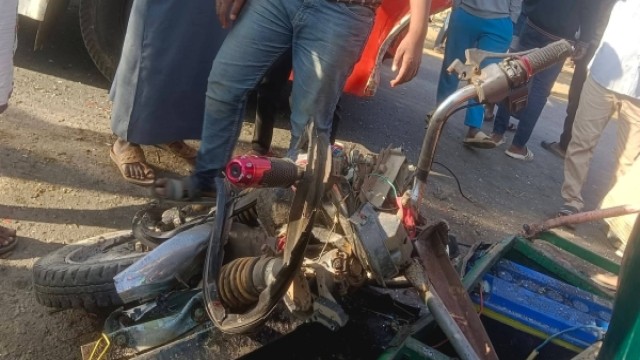

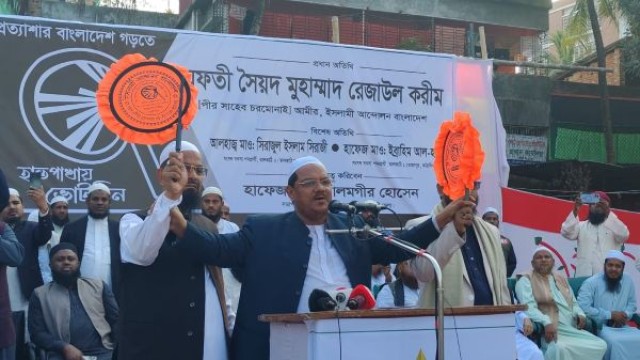




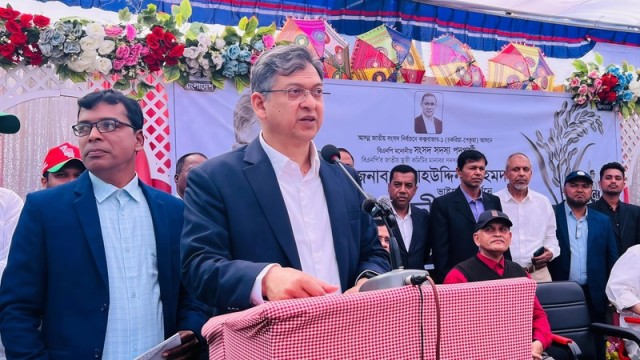

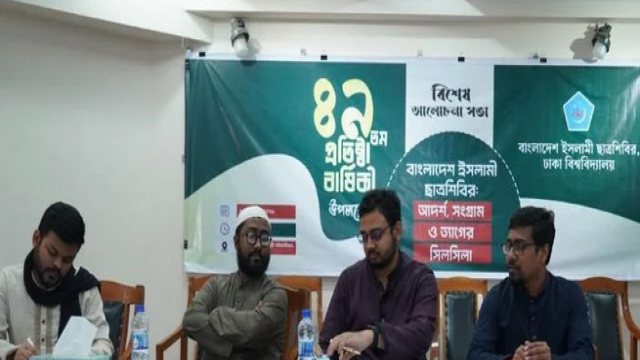


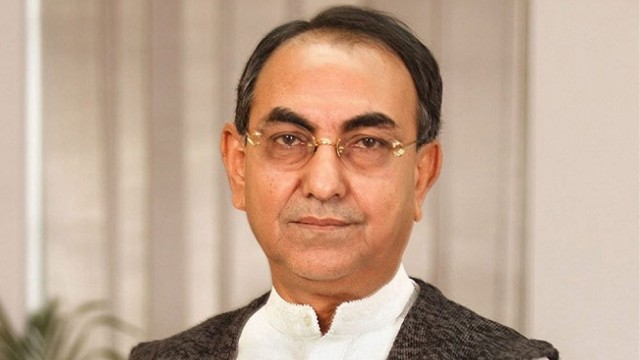













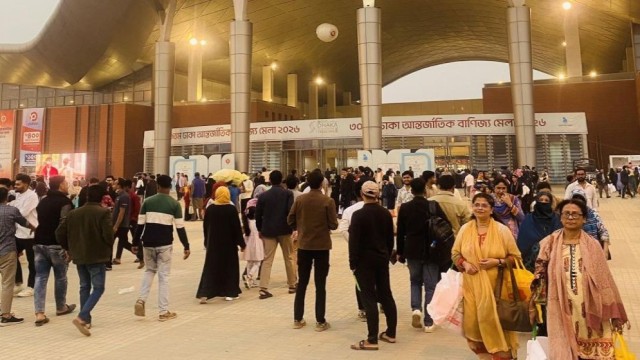
Comment: